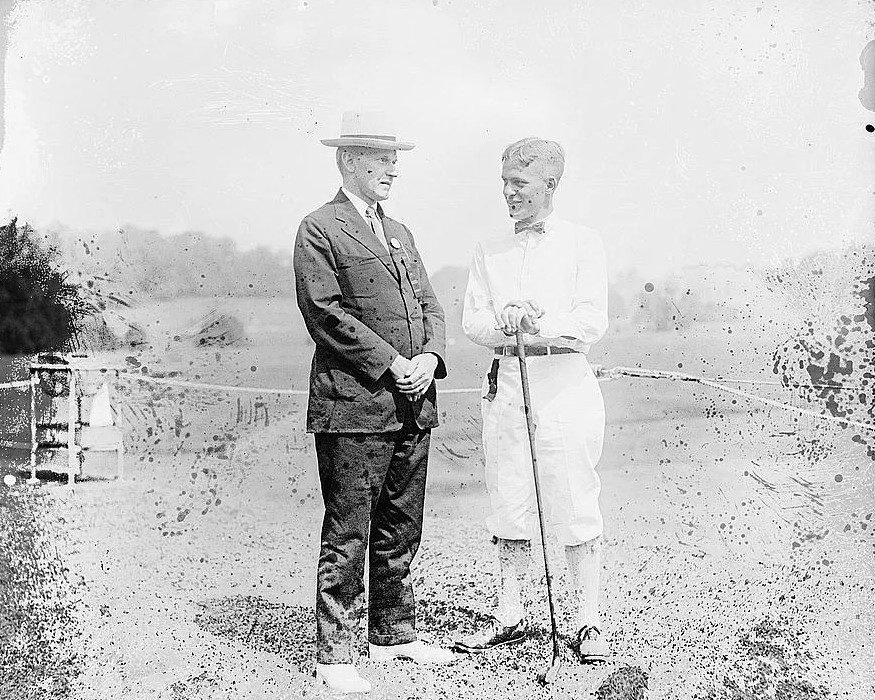A History of Cheating--My Error?
Often, I have discussed the challenges that faculty members have faced trying to keep students from cheating. In a blog several years ago, I recounted the evolution of cheating. It covered everything from the angst accounting faculty members expressed when students first started using handheld calculators (the students were accused of cheating) to the role that AI has played. My underlying assumption in the blog was that allowing AI to write papers for students undermines the learning process and is the equivalent of cheating. I think I was at least partially wrong.
Basis for Eliminating Cheating: Faculty Research.1
I must provide a brief segue. For years, college and university faculty members have been encouraged to publish. Publication of books, articles, and research monograms has been viewed as a way for them to enhance their careers, i.e., get pay raises, promotions, and tenure.
Good Research Is Not Necessary. The process is flawed at many levels. One problem is that the emphasis is not necessarily on good research: only that a faculty member's research be published in top journals or by a top publishing house. The key to the problem is that something that is published in a top journal or by a major publishing house may have no value in the short or long run, And it may prove to be pedantic nonsense.
One trick faculty members in the area of business often use to publish is to participate in what I call academic duplication or counterfeiting. How does this work? A faculty member finds a mathematical technique that has been used in one area (e.g., finance) and has been published in a top finance journal and then applies the same technique to another area (e.g., marketing) and publishes it in a top marketing journal. It becomes a cut-and-paste process with no added research value. When I was in graduate school, applying linear programming to an area was the hot item. Faculty members used the technique over and over to make it appear that new advances were being made. In reality, very little was added to the body of knowledge.
Clarity Not Needed. Another flaw is that a top journal is not going to publish work that can be easily understood. What value is there to something that can be easily understood? Faculty are compelled to write contorted verbiage. There is an academic cliché that in order to be published in top journals, a college or university faculty member must write articles that colleagues cannot understand, they barely understand, and only God really understands. (It also helps a researcher's chance of being published if they cite the research of a journal's editorial review board members.)
The Jargon Crutch. A third flaw is that jargon is a necessary part of research. After all, if you are going to write brilliant papers in a particular area and publish in top journals, you must use the appropriate jargon. Right? The jargon shows that you understand your field. In reality, jargon is a shorthand way of writing. It makes a paper easier to write, but it does not necessarily enhance the ability of people to understand what is being said. Frankly, jargon can become so archaic it hinders research.
Some Faculty Cannot Write. The final problem is that faculty often write articles that are difficult to understand because they do not know how to write. My dissertation chair and I met a week after I passed my qualifying exams. I was ready and anxious to start my dissertation research. As I entered his office, I noticed that his desk had a stack of what appeared to be fourteen books. He seemed to be hiding behind the stack. Actually, there were only twelve books, but the stack looked tall.
Instead of asking what I wanted to research, he said, "When you have read these books and can convince me you can write, you can start your dissertation." I am not sure of the amount of time, but I am confident that for some period, I quit breathing. He then dismissed me with the twelve books that focused on grammar and writing. You probably are saying to yourself, How cruel; how unreasonable. I am sure in today's environment, I could sue him for emotional trauma. Studying those books was one of the best experiences I had as a doctoral student, but please do not hold my professor responsible for the writing in my blogs.
My dissertation chair also told me that if the vast majority of the words in my research papers were more than two words, I was being pedantic. (I know "pedantic" has three syllables.) He believed that researchers should write so that a broad audience could understand their work.
Before I am swamped with emails from people telling me that their field is so special that it cannot be made understandable, I acknowledge some areas are problematic. I like mathematics. It is impossible to make it easy to understand or as much fun to read as a detective novel. An article appeared in the Journal of Irreproducible Results years ago. For those not familiar with this journal, its intellectual purpose was to make fun of academic research by publishing fictitious and humorous academic research papers. One of my favorites was "How To Be a Published Mathematician." It provided sentences with blank spaces. Mathematicians only had to fill in the blank spaces with numbers to have a viable article.
But mathematicians pale in comparison to theologians and philosophers. I am convinced they are paid by the word and use words like exegesis, existential, hermeneutics, anthropomorphism, and epistemology in an effort to obfuscate. (I am not sure what obfuscate means.)
New Definition of Cheating.
Now, back to cheating. Recently, a friend said he had attended a meeting at his alma mater; he is on the university's foundation board. He told me there was a discussion about whether faculty should do research but not write papers since they were not good communicators, did not know how to write, and did not concern themselves with the ability of their work to be understood. I offer my comments above as an explanation for why faculty members may not be good research communicators.
My friend said it was suggested that faculty research should be turned into something useful by an AI writing program. This scenario makes sense. Let faculty do the research, but leave the writing to the experts, the AI programs.
However, this becomes problematic for faculty members, colleges, and universities. First, will top journals view this as cheating? Probably not if everyone starts using AI to write articles. Cheating is acceptable if everyone does it. The second problem is more challenging but straightforward. If faculty can have their research written by AI programs, why is it cheating if students use AI programs to write their term papers? After all, the students could do the research and input it into an AI software package to produce a finished product. If faculty can use a crutch, why can't students? The use of AI software by students to write papers may be the calculator in the accounting class all over again.
1Please review my research. You will find I am guilty of most, if not all, of the foibles I cite in this blog.
Picture by Vecteezy.com.
If you have not read the blog that describes the "However View," click here.





